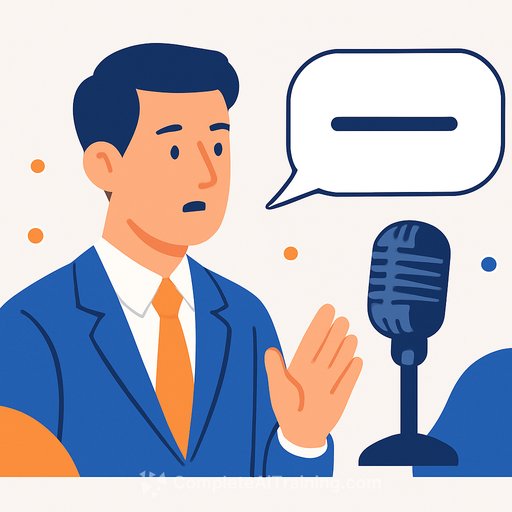How Wikipedia Spots AI Prose (and what writers can use right now)
You've probably felt it: a paragraph that reads "fine," but something's off. It's tough to prove. For a while, people tried to catch models with single words, but that signal faded. The better approach is pattern recognition-exactly what Wikipedia editors have been doing.
Since 2023, a group of editors has been cleaning up AI-written submissions at scale. Their public guide on "Signs of AI writing" is practical, specific, and backed by a mountain of edits. It focuses on behavior, not magic words. That's the angle writers should steal.
First principle: detectors won't save you
Automated tools don't hold up. They throw false positives and miss obvious cases. The reliable tell is stylistic habits that show up across the open web-and leak into model outputs.
The most common tells editors catch
- Generic importance claims: Copy that leans on abstract significance instead of concrete facts. Watch for lines like "a pivotal moment" or "part of a broader movement." It's fluff in a blazer.
- Inflated notability via minor media: Overlisting small podcasts, local mentions, brief appearances-anything to pad relevance. It reads like a self-promotional bio, not an independent source.
- Trailing participle clauses: Sentences that tack on hazy weight: "emphasizing the significance…," "reflecting the continued relevance…." Once you spot this habit, you'll see it everywhere.
- Soft-focus marketing adjectives: "Scenic," "breathtaking," "clean and modern." The voice feels like a commercial, not reporting.
A fast checklist for your drafts
- Swap abstraction for specifics: If you claim importance, show it with numbers, dates, names, and evidence.
- Cut the padded tails: Delete clauses that only "signal significance." If the sentence still works, keep it tight.
- Remove promotional gloss: Kill vague adjectives. Replace them with concrete detail the reader can verify.
- Don't stack weak mentions: A long list of minor press doesn't make a subject notable. Use quality sources or skip it.
- Check intent: Are you arguing for importance-or informing? For most work, the second is stronger.
Why this keeps showing up
Models echo the average tone of the internet. The average tone leans generic, promotional, and safe. You can mask it with better prompts, but the defaults pull in that direction. That's why these tells persist, even as systems improve.
How to write like a human (and prove it)
- Lead with evidence: Quote, cite, or demonstrate. If you can't back it, cut it.
- Vary your cadence: Mix short punchy lines with longer, idea-dense ones. Symmetry reads machine-made.
- Prefer verbs over qualifiers: "The team shipped the fix in 48 hours" beats "This reflects a strong commitment to quality."
- Adopt a "delete half" pass: Remove any sentence that argues importance without adding facts.
- Study clean style: Wikipedia's Manual of Style is a free masterclass in clarity and neutrality.
What this means for working writers
Editors are getting sharper at spotting AI tells. Clients are, too. If your process includes AI, make your value obvious: sharp angles, original reporting, and an opinion you can defend. The goal isn't to hide; it's to write work that stands on its own.
Next steps
- Create a personal "ban list" of filler phrases you overuse. Replace them with specifics.
- Use AI for scaffolding if you want-but rewrite aggressively in your voice. Strip abstraction, add proof.
- Level up your prompts and editing workflow with focused training: Courses by job and prompt engineering.
Bottom line: Don't chase single-word giveaways. Train your eye for patterns: generic importance, padded notability, hazy participles, and ad-speak. Then write the opposite-specific, sourced, and unmistakably yours.
Your membership also unlocks:






